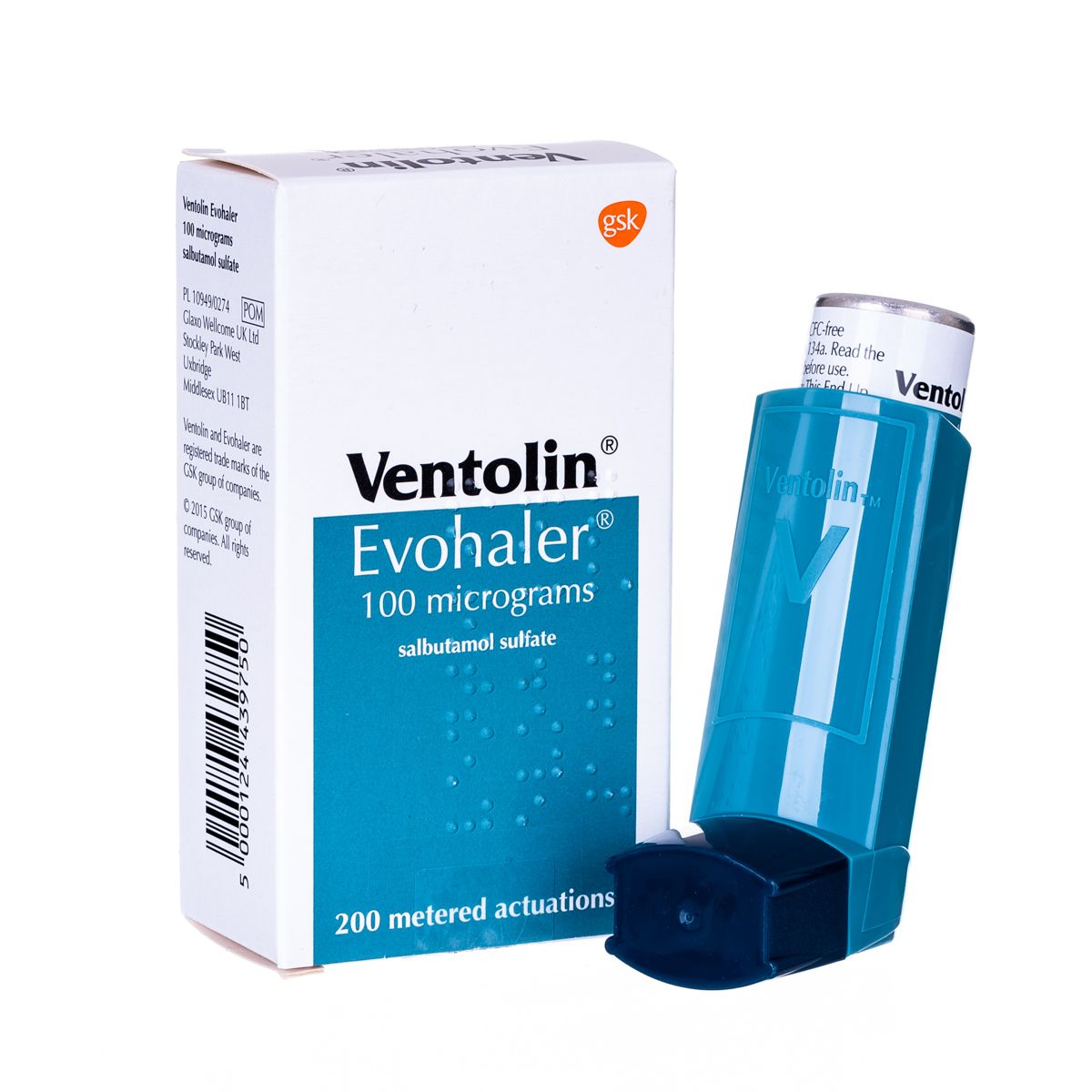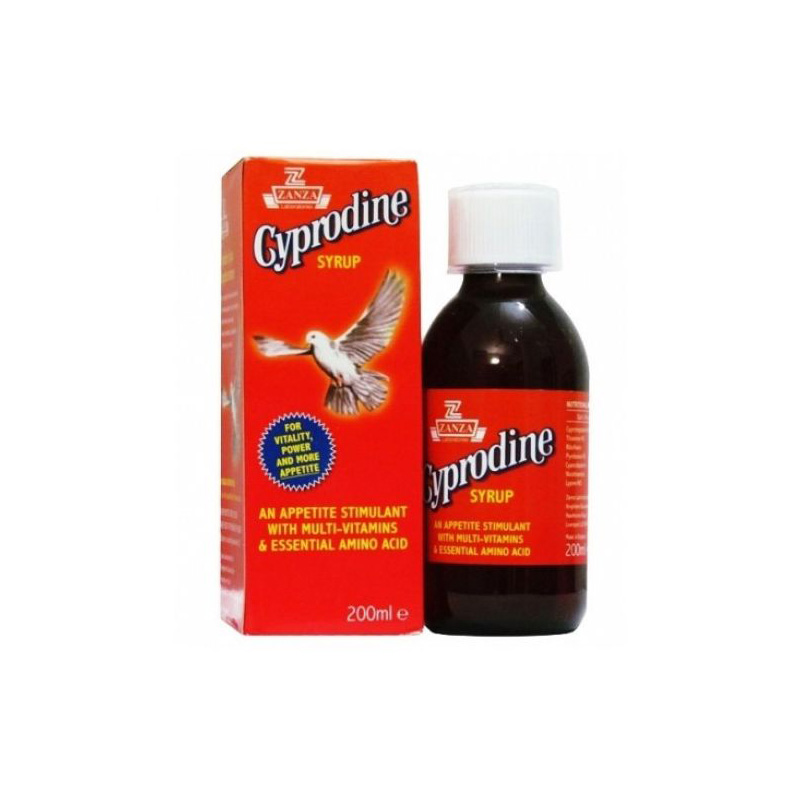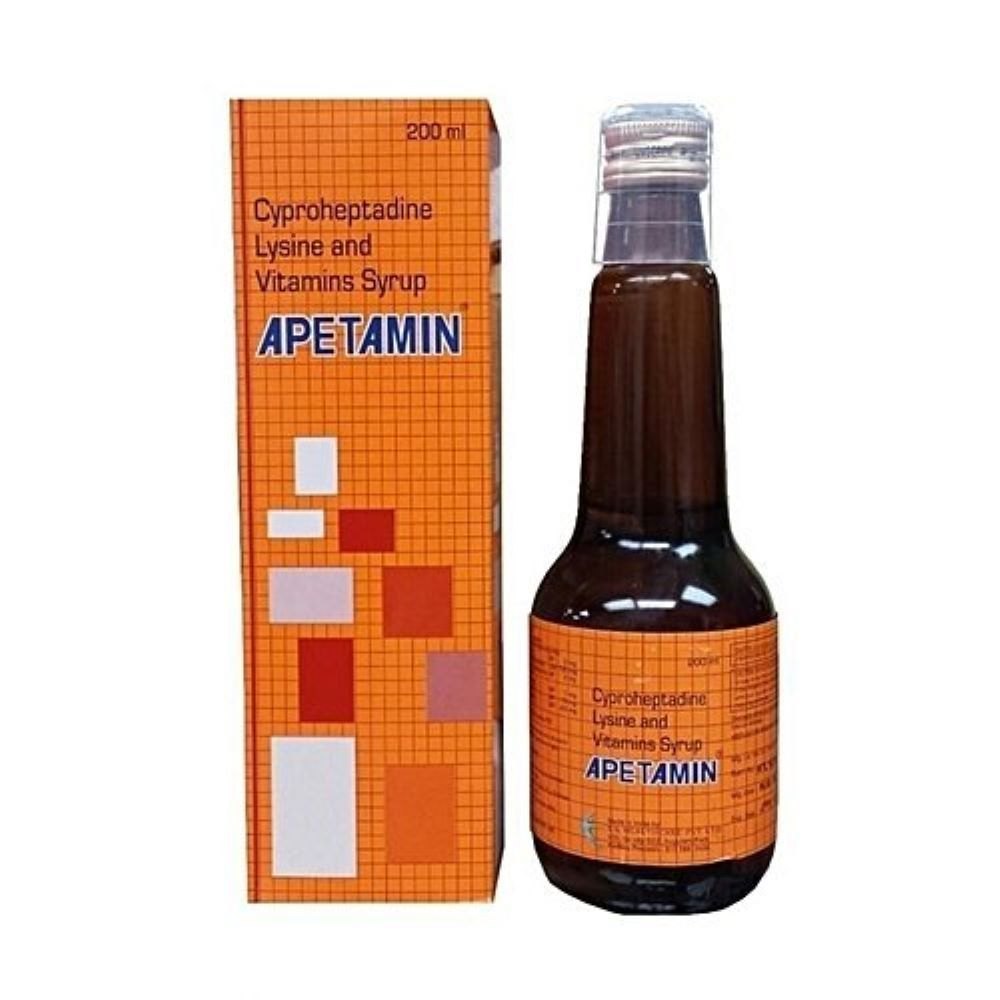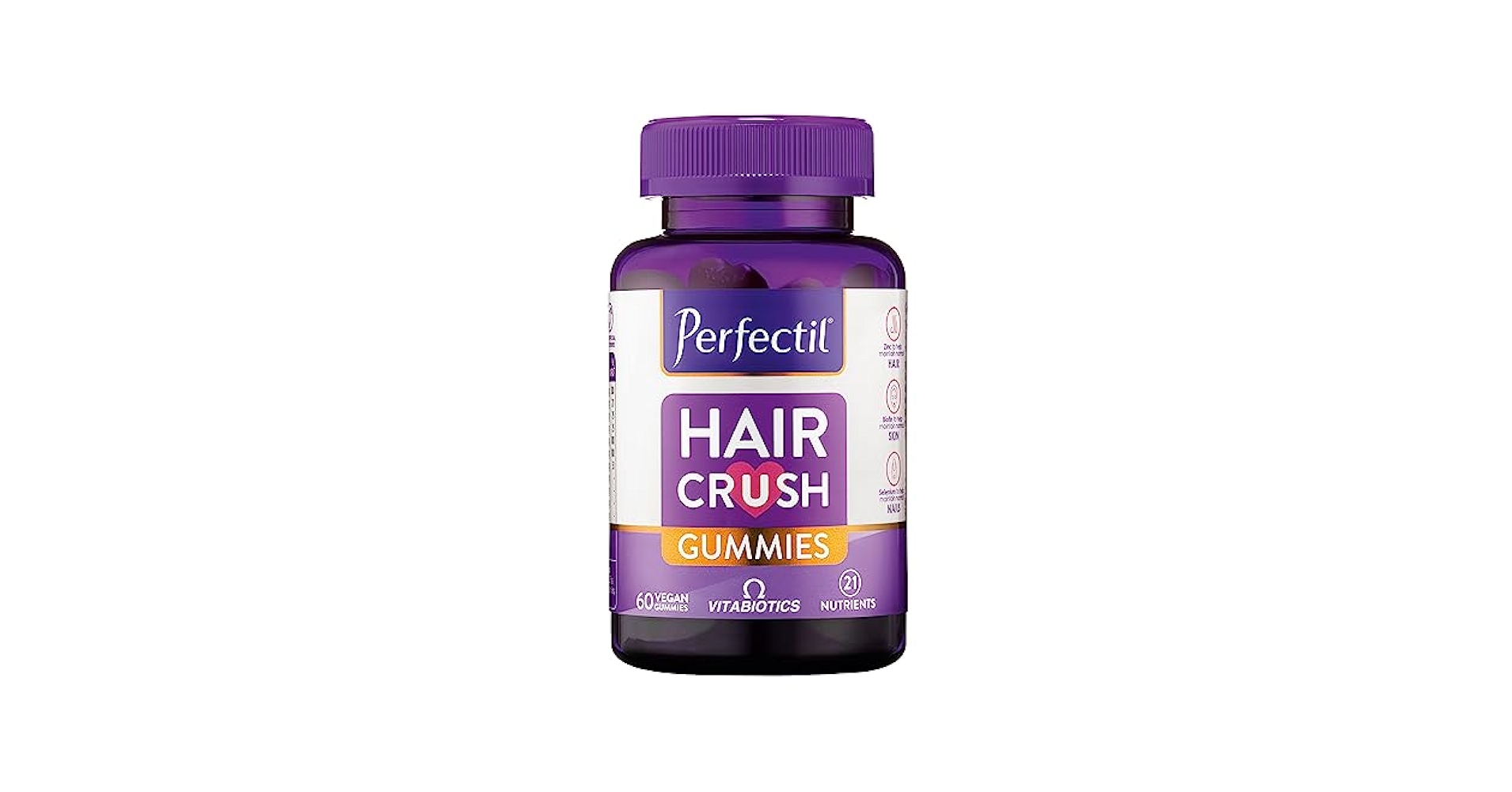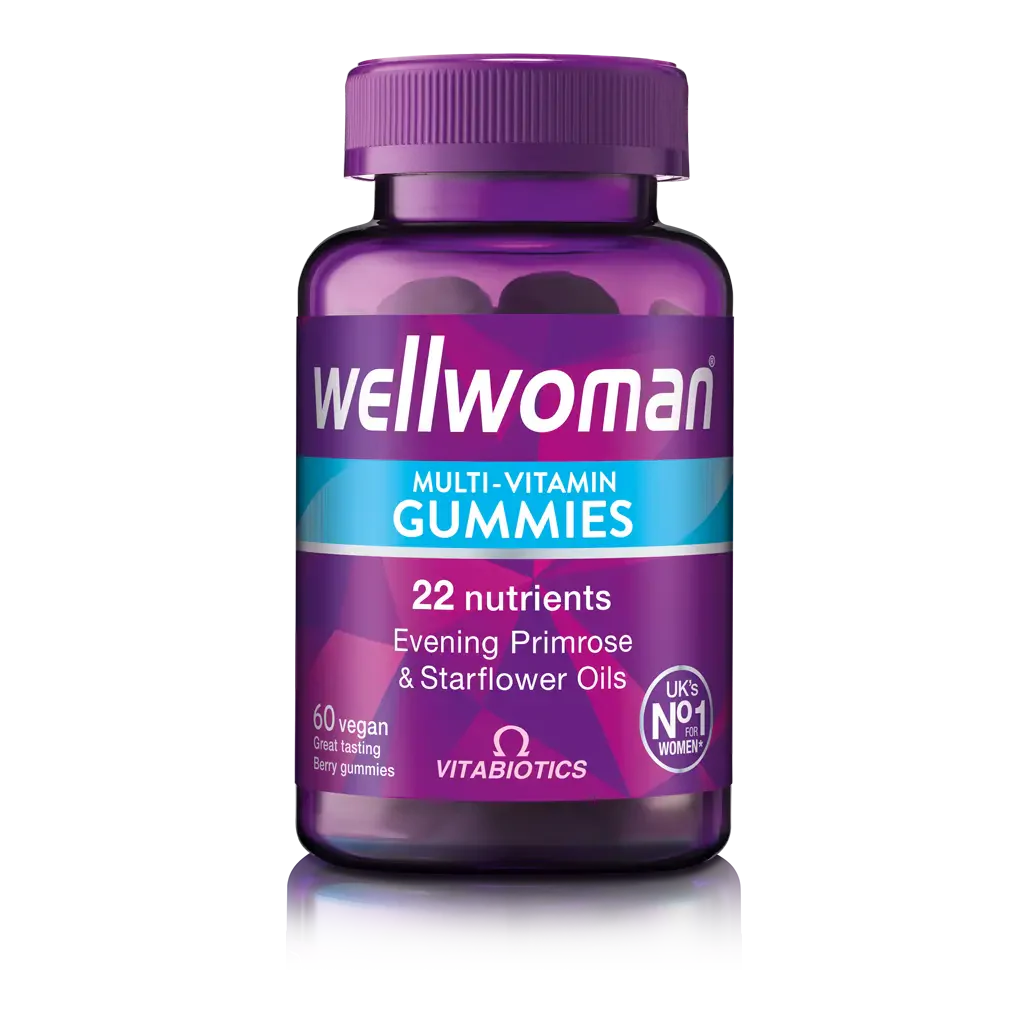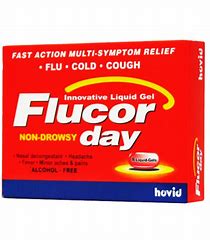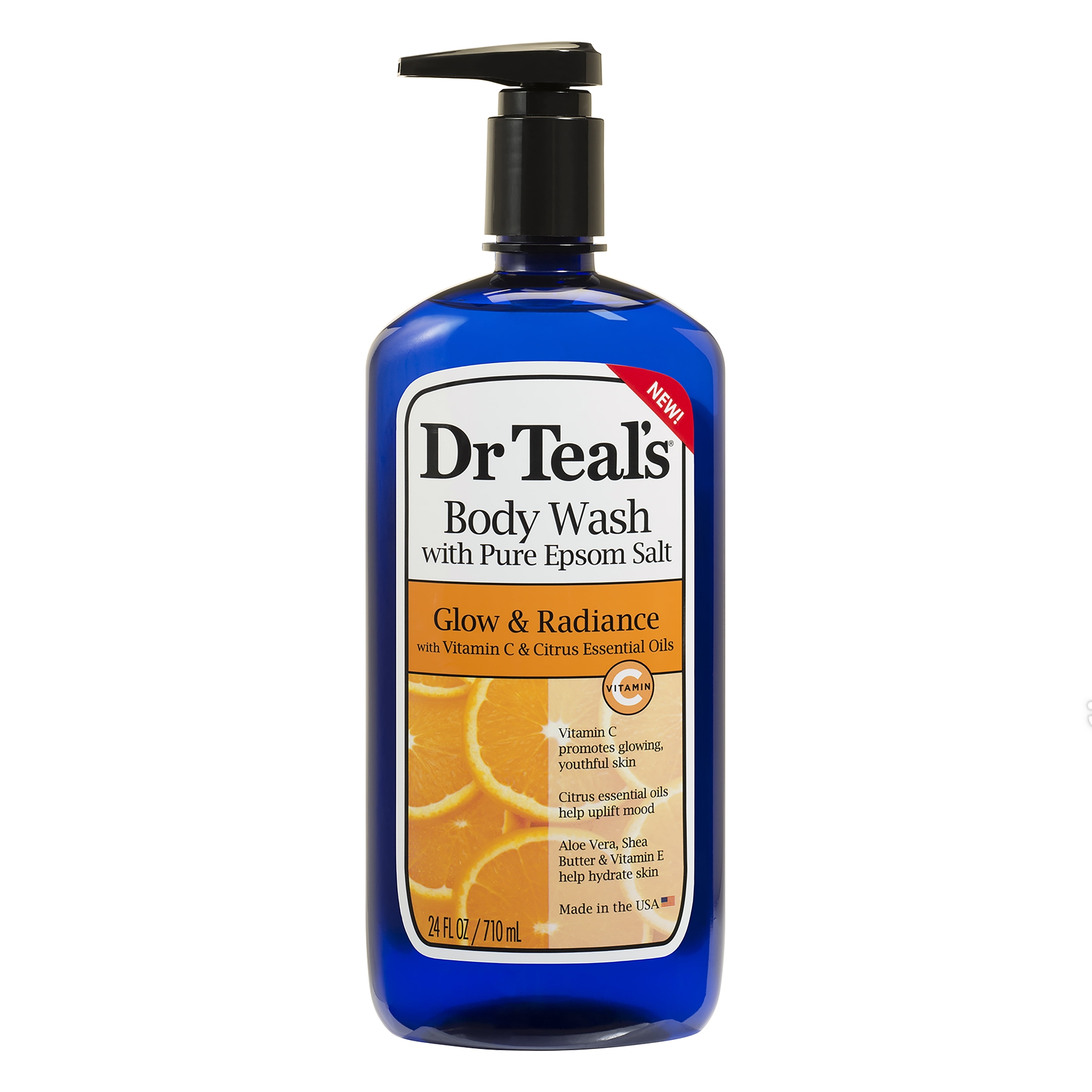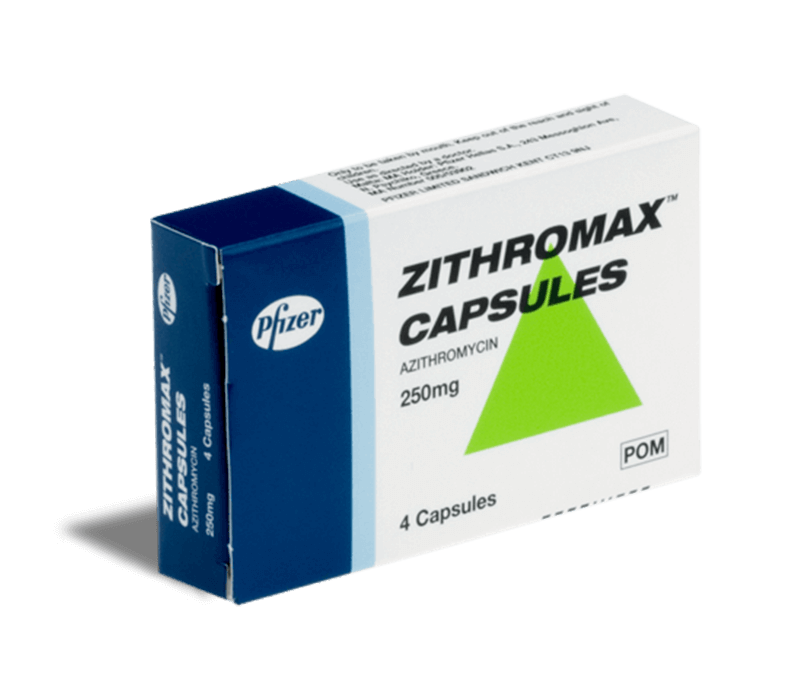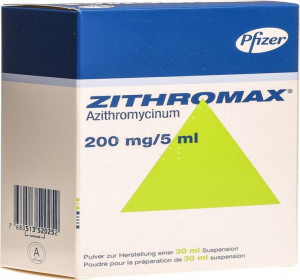Asthma/COPD, Prescription Medication
Ventolin Evohaler
-
 Get 10% discount on your next order. Order now to qualify.
Get 10% discount on your next order. Order now to qualify.
-
 Get 20% cashback on apple app store. Use code P056
Get 20% cashback on apple app store. Use code P056
DELIVERY & RETURNS
Free shipping offer on Pilldoctor and get exclusive offers.
Location
-

Door Delivery Fastest delivery to the door for only 2 days. Don't miss exclusive offer.
-

Pickup Station Fastest delivery to the door for only 2 days. Don't miss exclusive offer.
-

Return Policy Fastest delivery to the door for only 2 days. Don't miss exclusive offer.
Description
Ventolin Evohaler is indicated in adults, adolescents and children aged 4 to 11 years. For babies and children under 4 years of age.
Ventolin Evohaler provides short-acting (4 to 6 hour) bronchodilation with fast onset (within 5 minutes) in reversible airways obstruction.
It is particularly suitable for the relief and prevention of asthma symptoms. It should be used to relieve symptoms when they occur, and to prevent them in those circumstances recognised by the patient to precipitate an asthma attack (e.g. before exercise or unavoidable allergen exposure).
Ventolin Evohaler is particularly valuable as relief medication in mild, moderate or severe asthma, provided that reliance on it does not delay the introduction and use of regular inhaled corticosteroid therapy.
Posology and method of administration
Ventolin Evohaler is for oral inhalation use only. Ventolin Evohaler may be used with a Volumatic spacer device by patients who find it difficult to synchronise aerosol actuation with inspiration of breath.
Adults (including the elderly):
For the relief of acute asthma symptoms including bronchospasm, one inhalation (100 micrograms) may be administered as a single minimum starting dose. This may be increased to two inhalations if necessary. To prevent allergen- or exercise-induced symptoms, two inhalations should be taken 10-15 minutes before challenge.
For chronic therapy, two inhalations up to four times a day.
Paediatric Population
Relief of acute bronchospasm
The usual dosage for children under the age of 12 years: one inhalation (100 micrograms). The dose may be increased to two inhalations if required.
Children aged 12 years and over: Dose as per adult population.
Prevention of allergen or exercise-induced bronchospasm
The usual dosage for children under the age of 12 years: one inhalation (100 micrograms) before challenge or exertion. The dose may be increased to two inhalations if required.
Children aged 12 years and over: Dose as per adult population.
Chronic therapy
The usual dosage for children under the age of 12 years: up to two inhalations 4 times daily.
Children aged 12 years and over: Dose as per adult population.
The Babyhaler spacer device may be used to facilitate administration to children under 5 years of age.
On-demand use of Ventolin Evohaler should not exceed 8 inhalations in any 24 hours. Reliance on such frequent supplementary use, or a sudden increase in dose, indicates poorly controlled or deteriorating asthma.
Contraindications
Hypersensitivity to the active substance or any of the excipients listed .
Non-i.v. formulations of salbutamol must not be used to arrest uncomplicated premature labour or threatened abortion.
Special warnings and precautions for use
Patients inhaler technique should be checked to make sure that aerosol actuation is synchronised with inspiration of breath for optimum delivery of drug to the lungs. Patients should be warned that they may experience a different taste upon inhalation compared to their previous inhaler.
Bronchodilators should not be the only or main treatment in patients with severe or unstable asthma. Severe asthma requires regular medical assessment, including lung-function testing, as patients are at risk of severe attacks and even death. Physicians should consider using the maximum recommended dose of inhaled corticosteroid and/or oral corticosteroid therapy in these patients.
The dosage or frequency of administration should only be increased on medical advice. If a previously effective dose of inhaled salbutamol fails to give relief lasting at least three hours, the patient should be advised to seek medical advice.
Increasing use of bronchodilators, in particular short-acting inhaled β2-agonists, to relieve symptoms, indicates deterioration of asthma control. The patient should be instructed to seek medical advice if short-acting relief bronchodilator treatment becomes less effective, or more inhalations than usual are required. In this situation the patient should be assessed and consideration given to the need for increased anti-inflammatory therapy (e.g. higher doses of inhaled corticosteroid or a course of oral corticosteroid).
Severe exacerbations of asthma must be treated in the normal way.
Cardiovascular effects may be seen with sympathomimetic drugs, including salbutamol. There is some evidence from post-marketing data and published literature of rare occurrences of myocardial ischaemia associated with salbutamol. Patients with underlying severe heart disease (e.g. ischaemic heart disease, arrhythmia or severe heart failure) who are receiving salbutamol should be warned to seek medical advice if they experience chest pain or other symptoms of worsening heart disease. Attention should be paid to assessment of symptoms such as dyspnoea and chest pain, as they may be of either respiratory or cardiac origin.
Salbutamol should be administered cautiously to patients with thyrotoxicosis.
Potentially serious hypokalaemia may result from β2-agonist therapy, mainly from parenteral and nebulised administration. Particular caution is advised in acute severe asthma as this effect may be potentiated by hypoxia and by concomitant treatment with xanthine derivatives, steroids and diuretics. Serum potassium levels should be monitored in such situations.
As with other inhalation therapy, paradoxical bronchospasm may occur with an immediate increase in wheezing after dosing. This should be treated immediately with an alternative presentation or a different fast-acting inhaled bronchodilator. EVOHALER should be discontinued immediately, the patient assessed, and if necessary, a different fast-acting bronchodilator instituted for on-going use.
Interaction with other medicinal products and other forms of interaction
Salbutamol and non-selective β-blocking drugs such as propranolol, should not usually be prescribed together.
Fertility, pregnancy and lactation
Pregnancy
Studies in animals have shown reproductive toxicity . Safety in pregnant women has not been established. No controlled clinical trials with salbutamol have been conducted in pregnant women. Rare reports of various congenital anomalies following intrauterine exposure to salbutamol (including cleft palate, limb defects and cardiac disorders) have been received. Some of the mothers were taking multiple medications during their pregnancies. Ventolin Evohaler should not be used during pregnancy unless clearly necessary.
Breast-feeding
As salbutamol is probably secreted in breast milk, its use in nursing mothers requires careful consideration. It is not known whether salbutamol has a harmful effect on the neonate, and so its use should be restricted to situations where it is felt that the expected benefit to the mother is likely to outweigh any potential risk to the neonate.
Fertility
There is no information on the effects of salbutamol on human fertility. There were no adverse effects on fertility in animals .
Product Ratings
Highest Ratings
There are no reviews yet.

